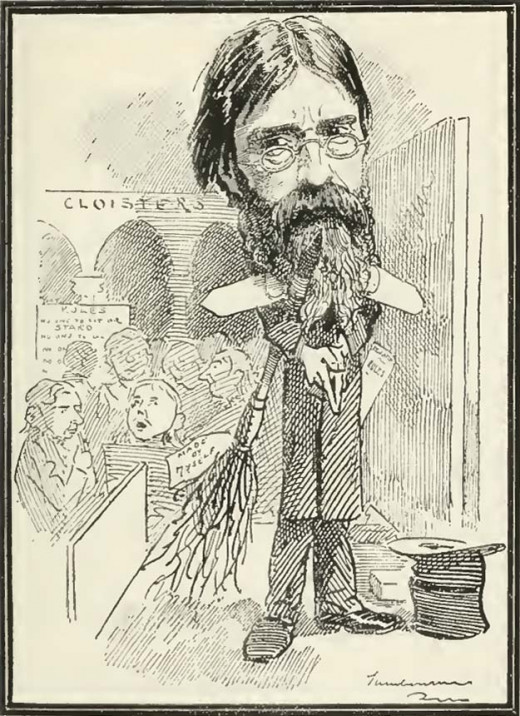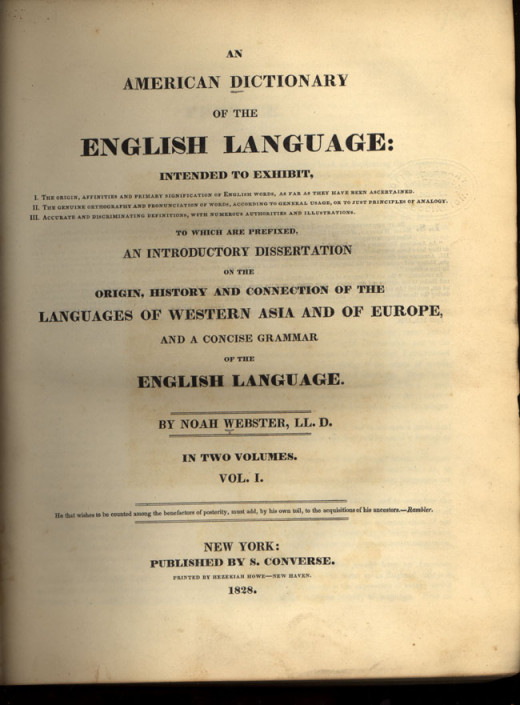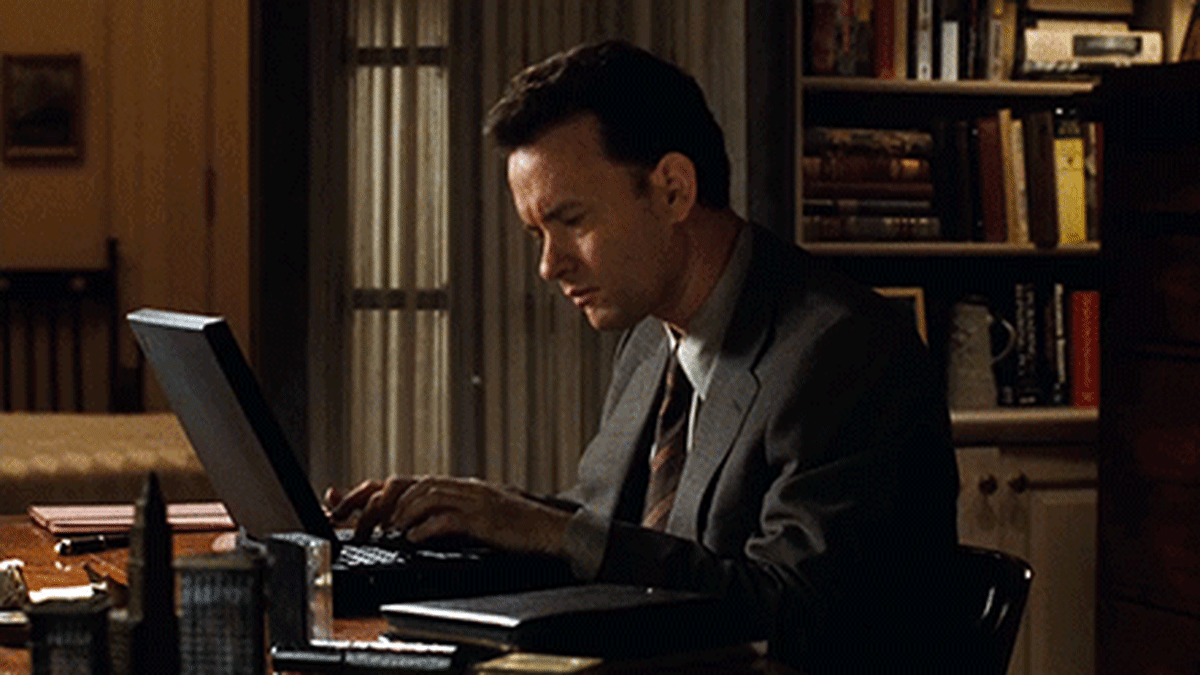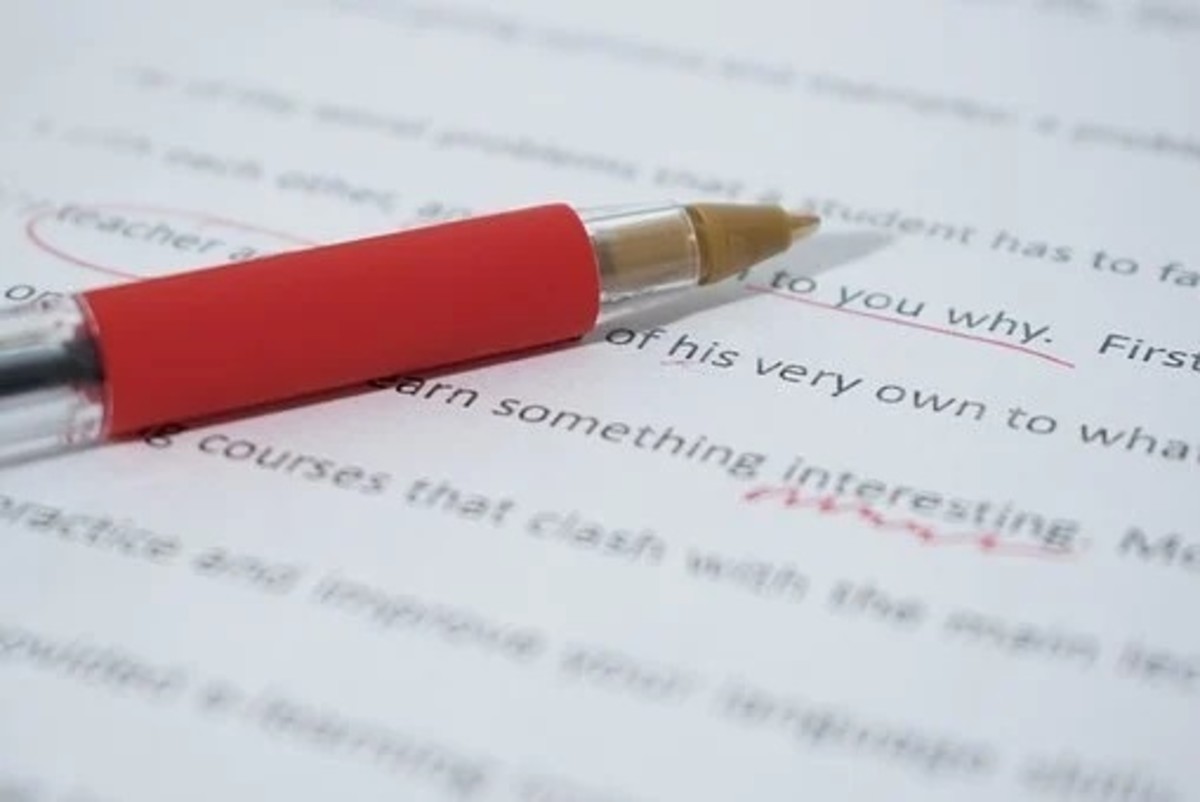Why You Should Not Worry too Much about Editing as You Compose an Initial Draft
This is my second installment on writing. The first article focused primarily on the state of the blogging community. This article will focus on a crucial initial step in improving the writing process. In this series I am probably not going to talk about any writing methods you are not already familiar with, but what will set these articles apart is the focus on writing theory.
In other words, I am not just going to give you good methodology, but the how and why it works, as well. So often people give good writing tips, but they fail to explain why such methods are effective. If you’re anything like me, I don’t just want to know what works but the reason it works.
It is my belief these articles have the potential to be helpful on many levels, whether it be your own writing, helping friends that write, or teaching our youth. It is also my hope that these articles will help open healthy discussion about writing in our blogging community.

When You Write Your Initial Draft, Don’t Fret Over Grammar too Much
Not worrying too awful much about grammar and usage when you write your initial draft of an article is paramount. Of all the mistakes one can make when endeavoring to improve his or her writing, one of the most common and perhaps the most detrimental is to spend too much time editing while your composing an initial draft.
Why is this so harmful? It destroys your intellectual flow. If one part of your brain is focused on the complex task of composing an article: structure, word choice, idea processing, and the million other things your brain has to do to create a great article, while another part of your brain is focused on the relatively simple task of making sure all your tenses are right, punctuation is in the right place, etc., it can have a crippling effect on the creative process. These two very different intellectual processes work against one another.
Look at it this way: composition is one of the ultimate creative processes and requires a broad vision of the piece as a whole. Grammar and punctuation involves breaking things down into small groups of words. Have you ever been micromanaged? Did it make it hard to get things done? Probably. When you try to get all the grammar and punctuation right while you compose, you are basically micromanaging yourself and restricting yourself from reaching your full potential.
But you may say to me, I often edit my writing while I compose and it doesn’t seem to cause a problem. My writing seems to usually turn out nicely the first time through. In this scenario one of two things are true. Either you aren’t aware of the problems editing while writing is causing or you’re actually doing some editing as you write, and it’s working well for you. Let’s focus on the latter example. While you should primarily focus on the creative process during your initial draft, as long as everything is flowing well, it is ok for many of us to focus a little bit on editing while we write.
Do I sound like I just contradicted myself? Well, I have and I haven’t. Let me explain. Most all of us have the ability to be excellent writers. Some of us have a knack for it at the get-go and others require more development. All of us at some point come down with the dreaded disease known as writer’s block. I’ve heard of light cases lasting only a few hours and some severe cases lasting for decades.
The point is, if we are fairly competent writers and we don’t have writer’s block, we probably can do a bit of editing as we write and produce an end result that is pretty good the first time through. (Warning: Always re-read your initial draft. Even if you believe your initial draft is publishable, re-read to confirm, and preferably have someone else read it to reinforce this is the case.) As for contradicting myself, I didn’t say you couldn’t edit while you write. I said, “Don’t fret over grammar too much.”

When is It Less Harmful to do a Little Editing While We Write an Initial Draft?
The quick answer, if you have a fairly high level of writing mastery and do not have writer’s block, it is usually ok to do some editing as you write. Otherwise, try to avoid editing during the initial composition of an article.
But why is it ok to edit during initial composition in some scenarios but not others? First off, if you have a number of writing problems, the shear mass of mistakes will throw off any semblance of a writing rhythm. Rather than your writing getting better, it will probably get worse. If you’re having to stop every few words and double-check a rule, it will soon become all but impossible to get the ideas in your mind onto paper, and new problems, more significant problems will start to occur.
The first new writing problem that will likely occur: structure problems. Because the creative process is being stilted as you write, you will very likely start to see that you are leaving out crucial information and that the order of your information is suffering. So by trying to edit as you write an initial draft, you have effectively taken a small problem and have made it a huge one.
For example, a typo problem is a small problem that can easily be mended during a later revision process. In comparison, if you have many first draft problems with the structure of your article, this is the sort of problem that often requires a complete rewrite. What would you rather have: an initial draft that doesn’t put you much past square one, or a first draft that is only a few minor revisions away from a finished product?
The other major issue that may arise when a writer with multiple punctuation and grammar problems tries to edit as they write an initial draft: a prevalence of simple sentence structures. For example, a writer is having problems with grammar, so he or she chooses to structure every sentence in a manner he or she knows to be grammatically correct. Let’s look at the following two examples below.
Example 1:
Choosing tires is important. Tires are different. Some tires are made to last. Some tires do not last. Tires that last are more expensive. Tires that do not last are less expensive. Tire tread is important. Tire tread types can be different. Thick tire tread lasts longer. Thick tire tread takes longer to wear out.
Example 2:
They're are many tires out there to chose from. Thye can range in cost from a vary cheap to very expensive, but some of the best options can be fond at a relatively good value to the consumer. When trying to get your monies worth out of a tire it is important to really analyze the quality of the thread.

Writer's Block
Have you ever had your writing micromanaged, either by yourself or an instructor, to the point that you couldn't write?
Which of these two examples is closer to being finished? The first example has no grammatical errors, at least that I can see. The second example is littered with errors. Yet, at least in my opinion, the second example is about a thousand times better than the first. Why? Because the information is laid out in a way that makes sense. The sentence structures are varied and flow. If you gave me a choice of which one of the two above examples I would most want to edit, it would be the second, because it requires no major structural changes.
One of the main points that I am trying to make here is that writing free of grammatical errors does not necessarily equal good writing. In fact, it can be downright awful. In example one, this is an exaggerated case of the sort of writing you might see from a writer with multiple grammatical problems who is trying to edit as he or she composes.
You’ll notice that the writer in example one has chosen one sentence structure because he or she knows this sentence structure is grammatically correct. The problem this causes is a jumpy sort of writing that has no flow and doesn’t even make that much sense, because it is next to impossible to convey ideas using only one sentence structure.
But as you write and become more and more experienced at the process, you begin to learn how to make quick edits as you write. For example, you see a green squiggly mark under the word “your” and know it needs to be changed to “you’re.” There isn’t much net loss in the fluidity of the writing process if you choose to make the change right then as you compose if you know exactly how to fix the problem. You’re not busy getting out a dictionary or grammar book or trying to get hold of a friend for assistance.
As your experience grows, your ability to do some editing as you write increases because the revisions can be made quickly without loss of fluidity, that is until you come down with a bad case of writer’s block. Regardless of writing aptitude and ability, if you are experiencing symptoms of writer’s block you should avoid any editing during the initial composition of an article.
But Why? Because when you have writer’s block, for whatever reason, your mind is having problems coming up with information. Any information you can come up with should be gotten down on paper as quickly as possible, grammar and punctuation be damned! You’re an experienced writer, and such problems can be dealt with in the drafting process. If you have writer’s block, it is all about getting whatever information you can out of your brain and onto a computer screen.

Conclusions:
As I’ve mentioned, this article is but one article in a much larger series of articles on blogging and writing I am currently working on. It may seem strange to some to spend an entire article telling you “what not to do” rather than “what to do,” but I believe writers trying to edit as they compose an initial draft is one of the most common and harmful mistakes out there.
The reason for people doing this is that it makes so much sense. 1+1 is supposed to equal 2. Writers admit to themselves they have writing problems. What seems like the logical next step? Fix the problems as they occur in the writing. But instead of this helping the writer, it only serves to cause more problems. 1+1 does not always equal 2. Until you are familiar enough with the mistake type or types you are having issue with, wait until the revision process to do editing.
Author’s Note:
Again, I don’t know it all, but I do know a few helpful tips for the writing process. This is the second installment in my on writing series. It seems only fair that a person blogging about writing technique should be susceptible to nitpicking.
As I mentioned in my last article on writing, I am glad to field any questions or comments, but as an additional level of interaction, the reader is welcome to comment on any grammar or punctuation errors I make in this on writing series. It is a large undertaking, and I am bound to make at least a few missteps. If you find an unintended error that I have made, I’ll fix it.
Thanks for your time and be sure to look back to this site for more articles on writing.










